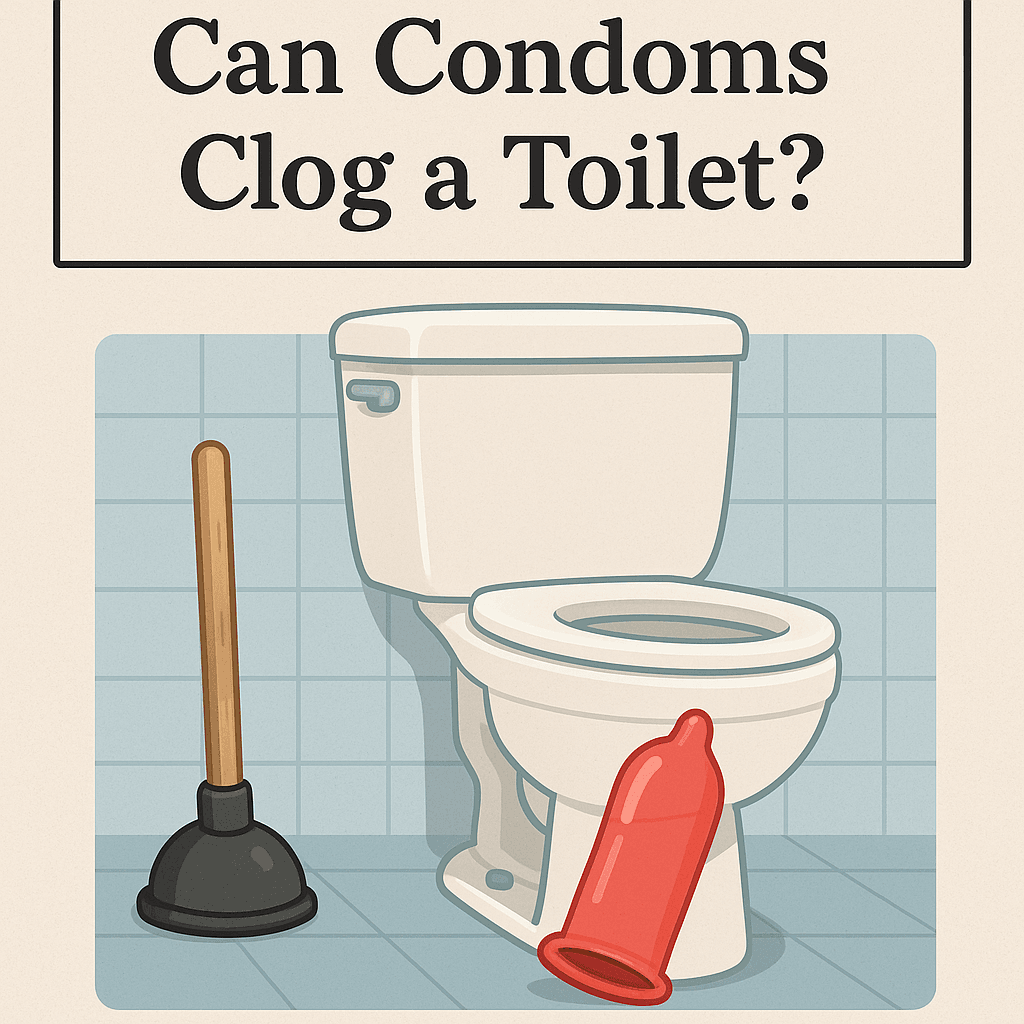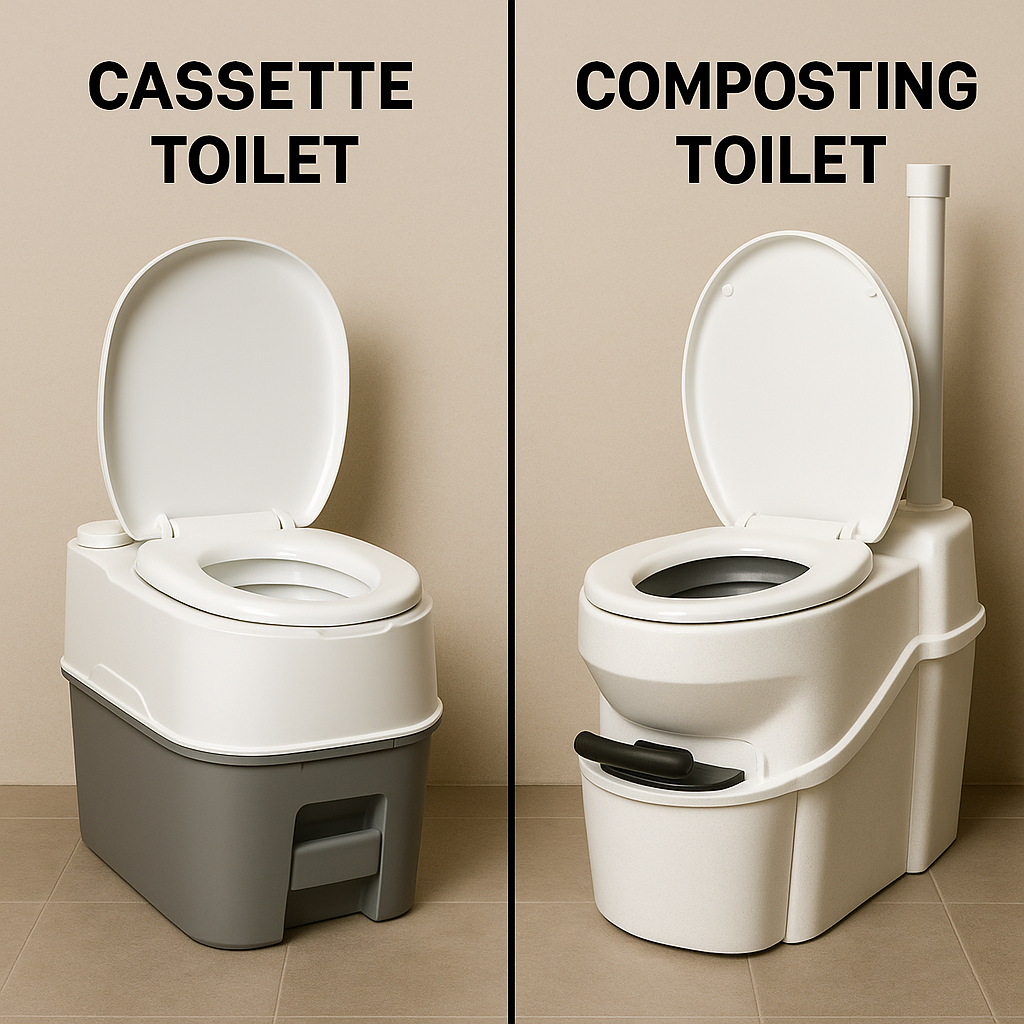What Happens If You Flush a Pad Down the Toilet?
Flushing a sanitary pad guarantees a future plumbing disaster. It’s not a question of “if,” but “when.”
It can be tempting to flush personal hygiene products for a quick and private disposal. However, your home’s entire plumbing system is engineered exclusively for human waste and specially designed toilet paper. Flushing a sanitary pad is one of the most destructive actions you can take, leading to messy, expensive, and highly inconvenient consequences.
The Anatomy of a Clog: Why Pads Are a Drain’s Worst Enemy
Sanitary pads are marvels of material science. They are designed to do the exact opposite of what toilet paper does. Instead of dissolving, they absorb liquid and expand to many times their original size.
Immediate Toilet Blockage
The pad can instantly get lodged in the toilet’s S-bend pipe, creating a complete blockage. The immediate result is a toilet that won’t drain and will likely overflow.
Main Drain Catastrophe
If it clears the toilet, the pad travels to your home’s main sewer line where it will snag and act as a net, creating a major clog that causes sewage to back up into all your drains.
Septic System Failure
For homes with a septic tank, this is a nightmare scenario. The non-biodegradable pad will never break down, leading to clogs and potential system failure costing thousands to repair.

The Only Safe & Correct Disposal Method
- Never Flush: This is the most important rule. This includes pads, tampons, wrappers, and applicators.
- Wrap Discreetly: Use the wrapper from the new product, a bit of toilet paper, or a disposal bag to wrap the used item.
- Bin It: Place the wrapped item securely in a trash bin. Using a lidded bin is ideal.
- Wash Hands: Always finish with proper hand hygiene.
What to Do If the Deed Is Already Done
If you’re facing a clog you suspect is from a flushed pad, stop flushing immediately to prevent an overflow. Here’s your action plan:
- Attempt with a Plunger: A good flange plunger might dislodge a pad stuck in the toilet’s immediate trap.
- Try a Toilet Auger: A toilet snake might be able to hook the pad so you can pull it out. Be gentle to avoid scratching the bowl.
- Call a Professional: If the clog persists, it’s beyond a simple DIY fix. Do not use chemicals—they won’t dissolve the pad and can damage your pipes. Call a licensed plumber to have it removed professionally.



